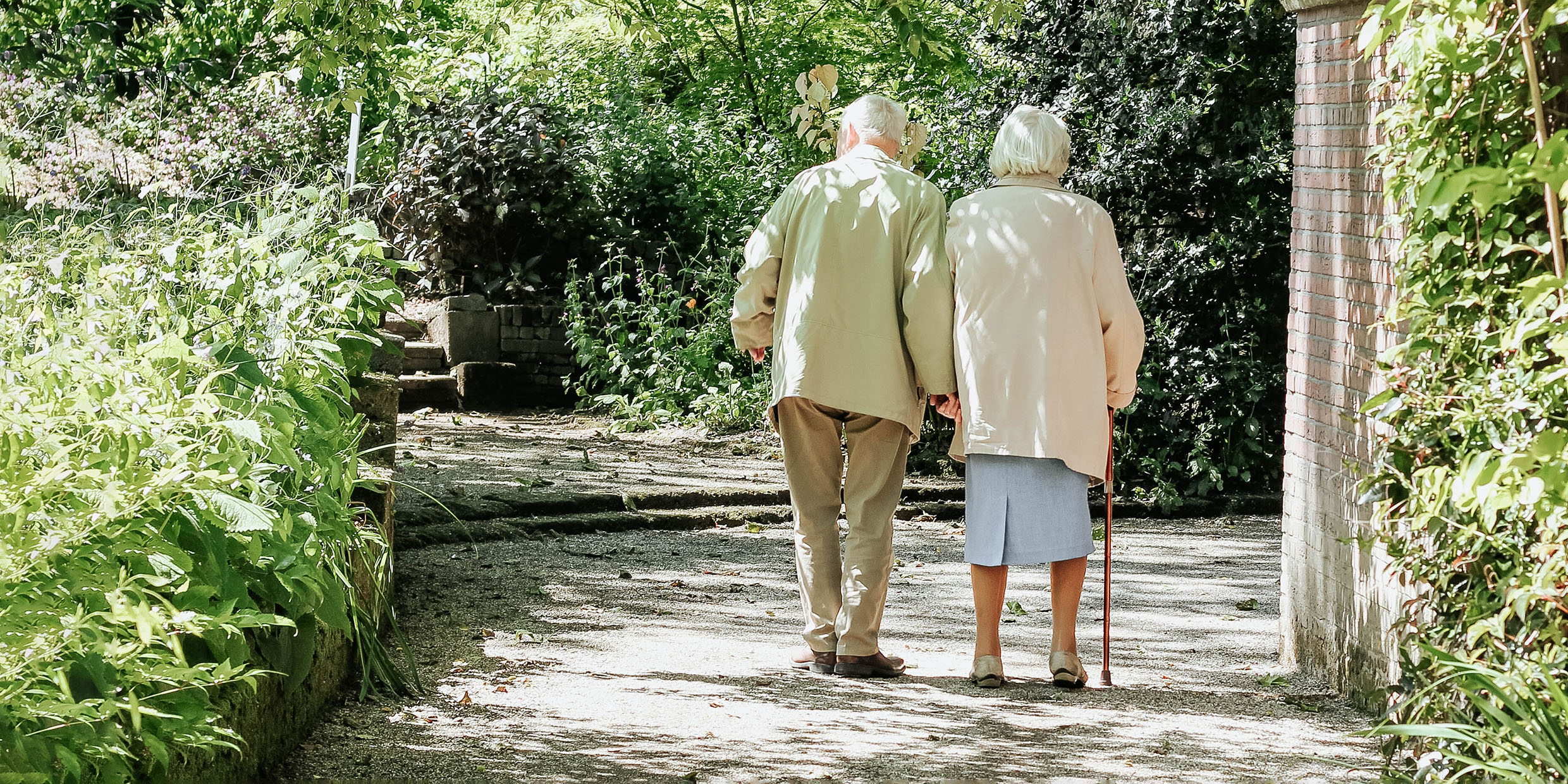Originally published 18 January 1999
“You’ll be the death of me yet.”
What parent hasn’t said that to a child. Or at least thought it.
“You’re taking years off my life,” we say. And maybe we mean it and maybe we don’t, but it seems like all that energy we are investing in our offspring must come from somewhere.
Now, a couple of European gerontologists think they have demonstrated that having kids really does take years off our lives.
Rudi Westendorp, of Leiden University Medical Center in the Netherlands, and Thomas Kirkwood, of the University of Manchester in Britain, studied 12 centuries of genealogical records of British aristocracy, more than 30,000 individuals all together.
What they found, they wrote in the journal Nature, seems to be a trade-off between childbearing and longevity.
Women in their sample who lived to ripe old ages (beyond age 80) tended to have fewer offspring than the broader pool of women who survived beyond menopause but did not live so long.
Men showed a similar connection between having progeny and decreased lifespan.
The longest-lived individuals, male and female, were the least fecund.
What does this mean?
It might mean a lot of things.
Maybe longevity and decreased fertility are genetically related.
Maybe the body has only so much physical capital: We can invest our resources in making children, or in keeping the body in tip-top repair — but not both.
Maybe kids really do drive us to an early grave.
Or maybe British aristocrats are just so eccentric, servant-ridden, or inbred that nothing we observe in the pattern of their lives applies to the rest of us.
Nevertheless, many folks in our health-obsessed society will be eyeing these results with curiosity, balancing the asset of a big family against the prospects of playing tennis at age 85.
Westendorp and Kirkwood believe their study of British aristocrats argues for a genetic link between fertility and decreased longevity. By massing their data in various ways, they show that socioeconomic diversity and other environmental factors are unlikely causes of the observed trend.
Previous research with fruit flies has convincingly demonstrated a genetic link between early breeding and decreased longevity. Flies selectively bred for long lifetimes have fewer offspring, and flies selected for late fertility live longer with enhanced resistance to stress.
The reasons for all of this are not entirely clear.
Genes that cause the body to wear out in old age will not be strongly suppressed by natural selection; life-shortening genes that kick in late in life will already have been passed along to the next generation before they decrease fitness.
Late-acting deleterious genes may even be favored if they have beneficial effects early in life, as gerontologist Daniel Promislow points out in his Nature commentary on the study of British aristocrats.
Twenty-two years ago, Kirkwood adopted this trade-off between early benefits versus later costs in his “disposable soma” theory. (Soma refers to an organism’s body as distinct from its reproductive cells.) According to the theory, production of offspring diverts the body’s genetically limited resources away from the job of maintaining and repairing cells, with aging as the result.
The theory works well enough with fruit flies. And now Westentorp and Kirkwood think they see the same thing at work in a human population.
Well, maybe.
As Promislow points out, a few things are clear. Childless women benefit from a decreased incidence of heart disease and cervical cancer later in life, but they have an increased risk of breast cancer and respiratory disease.
Beyond that, things get very muddy, especially the supposed genetic link between reproduction and longevity in humans. Westendorp and Kirkwood have found themselves a nifty data set, but so many variables lurk within it that any conclusions drawn from it have to be highly tentative.
I suspect parents have pretty much guessed all along what these gerontologists are trying to prove.
Every parent knows there is something like a “disposable soma,” and every sleepless night minding a colicky baby or waiting up for a tardy teen uses up some of it.
We didn’t need scientists to tell us that a petulant 13-year-old can take years off our lives, or that putting a kid though college can cause more gray hairs than old age.
Barbara Kingsolver’s novel The Poisonwood Bible is a tale that pretty well describes the wear and tear of family life. At one point, the Mama in the story laments a lost child. “The substance of grief is not imaginary. It’s as real as rope or the absence or air, and like both those things it can kill,” she says.
Bearing children opens our hearts to whole new dimensions of grief and stress, and both can take a somatic toll.
But so what? Even if having kids leads us to an early grave, most of us would still choose to do it.
Kids may literally be the death of us, but they are also the best part of our lives.



